Cognitive Bias: False Consensus Effect Bias
Principal Category: Cognitive Biases
Authors:
• Tim McGuinness, Ph.D. – Anthropologist, Scientist, Director of the Society of Citizens Against Relationship Scams Inc.
The False Consensus Effect Bias leads individuals to overestimate the prevalence of their beliefs and behaviors among others, causing crime victims to feel isolated and misunderstood.
This cognitive bias stems from a desire for conformity and social acceptance, perpetuated by group settings and limited information. Victims of scams may fall prey to this bias, believing the consensus of the scammer’s fabricated associates validates their relationship, despite warnings from friends and family.
Understanding this bias is crucial in recognizing its influence on decision-making and social perceptions. Explore more biases in the SCARS MANUAL OF COGNITIVE BIASES.

False Consensus Effect Bias
False Consensus Effect Bias refers to the tendency to overestimate the extent to which others share one’s beliefs, values, and behaviors.
This cognitive bias can affect crime victims by leading them to believe that their experiences and reactions to the crime are not normal or that they are alone in their feelings. This can lead to feelings of isolation and a lack of understanding from others which can further exacerbate the trauma of the crime.
In psychology, the false consensus effect, also known as consensus bias, is a pervasive cognitive bias that causes people to “see their own behavioral choices and judgments as relatively common and appropriate to existing circumstances”. In other words, they assume that their personal qualities, characteristics, beliefs, and actions are relatively widespread among the general population.
This false consensus is significant because it increases self-esteem (overconfidence effect). It can be derived from a desire to conform and be liked by others in a social environment. This bias is especially prevalent in group settings where one thinks the collective opinion of their own group matches that of the larger population. Since the members of a group reach a consensus and rarely encounter those who dispute it, they tend to believe that everybody thinks the same way. The false-consensus effect is not restricted to cases where people believe that their values are shared by the majority, but it still manifests as an overestimate of the extent of their belief.
Additionally, when confronted with evidence that a consensus does not exist, people often assume that those who do not agree with them are defective in some way. There is no single cause for this cognitive bias; the availability heuristic, self-serving bias, and naïve realism have been suggested as at least partial underlying factors.
The bias may also result, at least in part, from non-social stimulus-reward associations. Maintenance of this cognitive bias may be related to the tendency to make decisions with relatively little information. When faced with uncertainty and a limited sample from which to make decisions, people often “project” themselves onto the situation. When this personal knowledge is used as input to make generalizations, it often results in the false sense of being part of the majority.
One of the ways that we believe this plays a role during the scam is when friends or family members try to tell the victim that the person is a scammer and that the relationship is a scam.
Since the scammer has typically provided substantial proof of their life (though all lies) from the scammer’s fake associates (daughter, lawyer, business people, etc.) the victim feels that there is a consensus of those that are involved and that their family and friends are wrong.
More Cognitive Biases: SCARS MANUAL OF COGNITIVE BIASES (scampsychology.org)
Important Information for New Scam Victims
- See more at www.ScamVictimsSupport.org – a SCARS Website for New Scam Victims
IMPORTANT NOTE: This article is intended to be an introductory overview of complex psychological, neurological, physiological, or other concepts, written primarily to help victims of crime understand the wide-ranging actual or potential effects of psychological trauma they may be experiencing. The goal is to provide clarity and validation for the confusing and often overwhelming symptoms that can follow a traumatic event. It is critical to understand that this content is for informational purposes only and does not constitute or is not a substitute for professional medical advice, diagnosis, or treatment. If you are experiencing distress or believe you are suffering from trauma or its effects, it is essential to consult with a qualified mental health professional for personalized care and support.

Welcome to the SCARS INSTITUTE Journal of Scam Psychology
A Journal of Applied Scam, Fraud, and Cybercrime Psychology – and Allied Sciences
A dedicated site for psychology, victimology, criminology, applied sociology and anthropology, and allied sciences, published by the SCARS INSTITUTE™ – Society of Citizens Against Relationship Scams Inc.
TABLE OF CONTENTS
A Question of Trust
At the SCARS Institute, we invite you to do your own research on the topics we speak about and publish, Our team investigates the subject being discussed, especially when it comes to understanding the scam victims-survivors experience. You can do Google searches but in many cases, you will have to wade through scientific papers and studies. However, remember that biases and perspectives matter and influence the outcome. Regardless, we encourage you to explore these topics as thoroughly as you can for your own awareness.
Please Leave A Comment
Recent Comments
On Other Articles
[better_recent_comments number=”5″ format=”{avatar} on {post}: “{comment}” {date}” avatar_size=”20″]
A Note About Labeling!
We often use the term ‘scam victim’ in our articles, but this is a convenience to help those searching for information in search engines like Google. It is just a convenience and has no deeper meaning. If you have come through such an experience, YOU are a Survivor! It was not your fault. You are not alone! Axios!
Statement About Victim Blaming
Some of our articles discuss various aspects of victims. This is both about better understanding victims (the science of victimology) and their behaviors and psychology. This helps us to educate victims/survivors about why these crimes happened and to not blame themselves, better develop recovery programs, and to help victims avoid scams in the future. At times this may sound like blaming the victim, but it does not blame scam victims, we are simply explaining the hows and whys of the experience victims have.
These articles, about the Psychology of Scams or Victim Psychology – meaning that all humans have psychological or cognitive characteristics in common that can either be exploited or work against us – help us all to understand the unique challenges victims face before, during, and after scams, fraud, or cybercrimes. These sometimes talk about some of the vulnerabilities the scammers exploit. Victims rarely have control of them or are even aware of them, until something like a scam happens and then they can learn how their mind works and how to overcome these mechanisms.
Articles like these help victims and others understand these processes and how to help prevent them from being exploited again or to help them recover more easily by understanding their post-scam behaviors. Learn more about the Psychology of Scams at www.ScamPsychology.org
Psychology Disclaimer:
All articles about psychology, neurology, and the human brain on this website are for information & education only
The information provided in these articles is intended for educational and self-help purposes only and should not be construed as a substitute for professional therapy or counseling.
While any self-help techniques outlined herein may be beneficial for scam victims seeking to recover from their experience and move towards recovery, it is important to consult with a qualified mental health professional before initiating any course of action. Each individual’s experience and needs are unique, and what works for one person may not be suitable for another.
Additionally, any approach may not be appropriate for individuals with certain pre-existing mental health conditions or trauma histories. It is advisable to seek guidance from a licensed therapist or counselor who can provide personalized support, guidance, and treatment tailored to your specific needs.
If you are experiencing significant distress or emotional difficulties related to a scam or other traumatic event, please consult your doctor or mental health provider for appropriate care and support.
Also, please read our SCARS Institute Statement About Professional Care for Scam Victims – here
If you are in crisis, feeling desperate, or in despair please call 988 or your local crisis hotline.
SCARS Institute Resources:
- If you are a victim of scams, go to www.ScamVictimsSupport.org for real knowledge and help
- Enroll in SCARS Scam Survivor’s School now at www.SCARSeducation.org
- To report criminals, visit reporting.AgainstScams.org – we will NEVER give your data to money recovery companies like some do!
- Sign up for our free support & recovery help at www.SCARScommunity.org
- Follow us and find our podcasts, webinars, and helpful videos on YouTube: www.youtube.com/@RomancescamsNowcom
- SCARS Institute Songs for Victim-Survivors: www.youtube.com/playlist…
- Learn about the Psychology of Scams at www.ScamPsychology.org
- Dig deeper into the reality of scams, fraud, and cybercrime at www.ScamsNOW.com and www.RomanceScamsNOW.com
- Scam Survivor’s Stories: www.ScamSurvivorStories.org
- For Scam Victim Advocates, visit www.ScamVictimsAdvocates.org
- See more scammer photos on www.ScammerPhotos.com


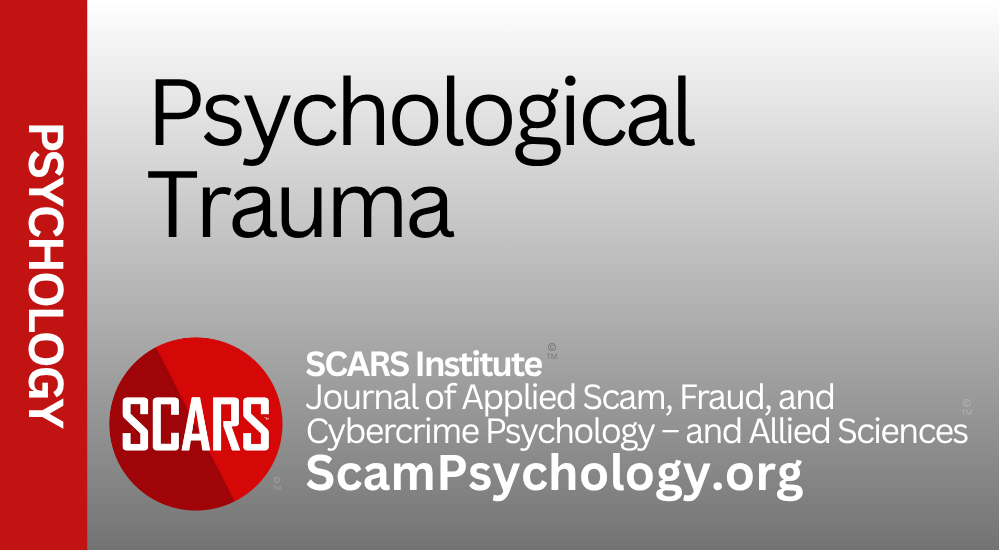
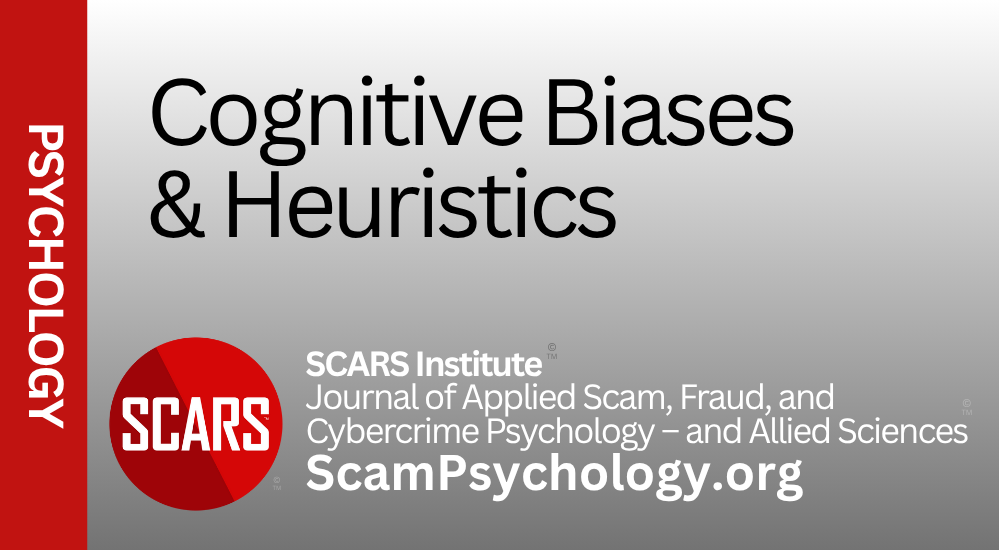
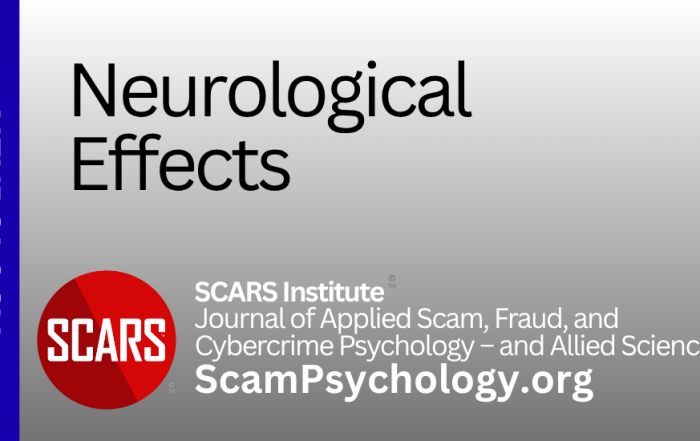

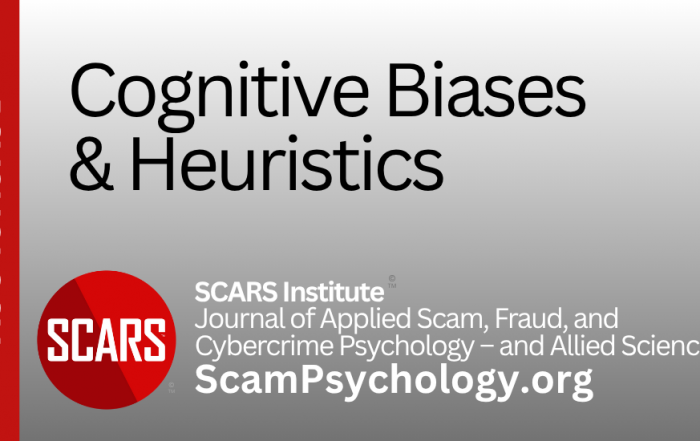
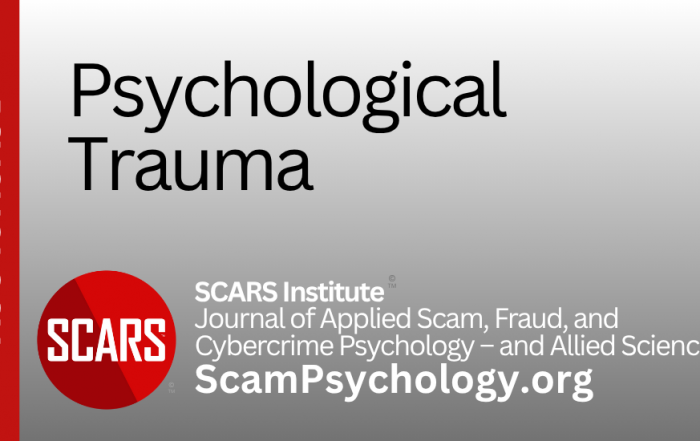
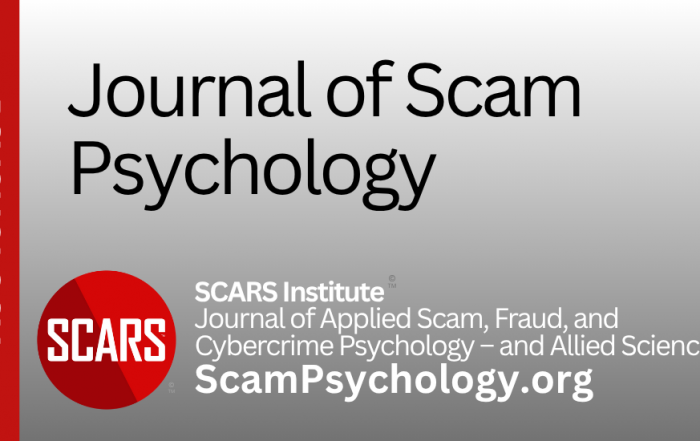
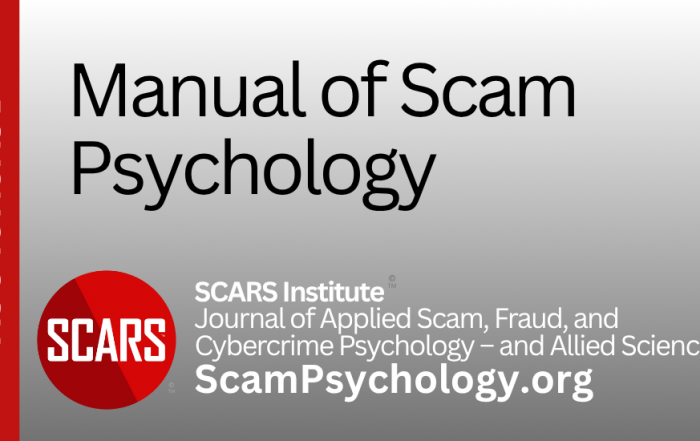

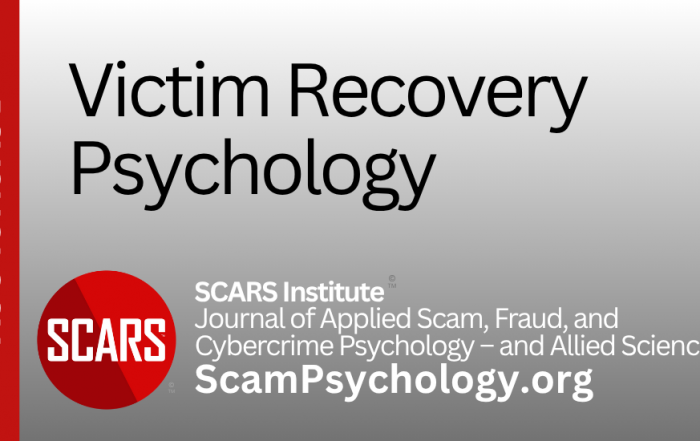
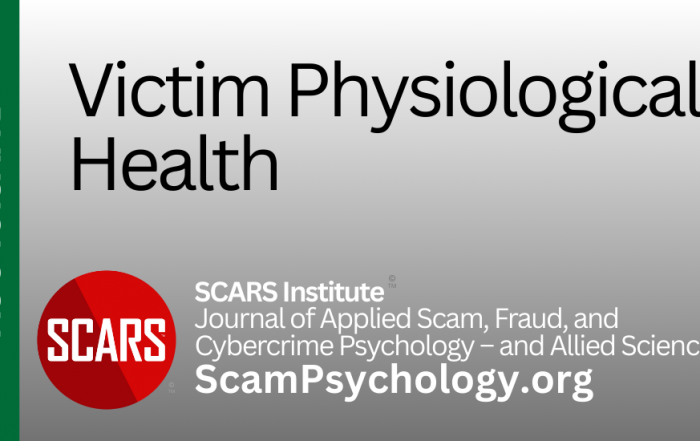

![niprc1.png1_-150×1501-11[1]](https://scampsychology.org/wp-content/uploads/2025/05/niprc1.png1_-150x1501-111.webp)